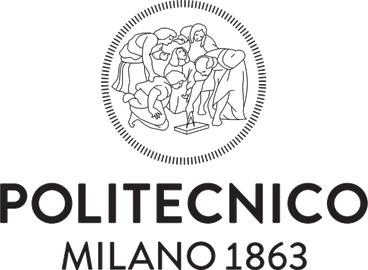Politecnico di Milano: THE POLITECNICO IN THE PICTURE FOR MILAN’S ENERGY TRANSITION
This is a move to more sustainable energy systems through the use of renewable energy and the adoption of energy-saving techniques.
In order to accomplish this, it is necessary on the one hand to make energy production more efficient, and on the other hand to gradually phase out the use of fossil fuels and focus on production from renewable energy sources.
The Politecnico di Milano, which has always been mindful of these issues, recently signed an agreement with Unareti, the company that manages the distribution of electricity and natural gas in Milan, to study the energy situation in the capital of Lombardy today, with an eye to the future.
The study will be carried out by Alessandro Bosisio, a researcher at the Department of Energy in the research group led by Professor Alberto Berizzi. His position was funded by Unareti as part of the partnership agreed.
By charting the current situation in the city of Milan and defining its real energy needs, it will be possible to steer Unareti towards improving the efficiency of its distribution networks, whose very important role is to make “clean” energy available to users.
It has been calculated that 55% of Milan’s energy needs in 2050 will be met by electricity alone, 22% by natural gas and 23% by remote district heating. The electricity grid will increase its capacity by 36% from the current 7,000GWh of distributed energy to over 9,500GWh. An increase in energy output, but also a significant increase in peak usage hours, which will increase by 44% from 1,600MW in 2019 to 2,300MW in 2050 (+44%). All these figures prove the importance of major changes to distribution networks and a general rethink of services.
Alessandro Bosisio obtained his Laurea Magistrale (equivalent to Master of Science) and research doctorate in electrical engineering in 2011 and 2015 respectively. Today he is a Researcher at the Department of Energy. His main areas of research concern the planning and management of energy distribution networks, multi-vector optimisation, the study of the impact of distributed generation from renewable sources and electric mobility, and smart grids.

